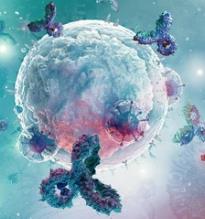
Sun, 2023/09/24
ACSS2 - A Promising New Anticancer Target
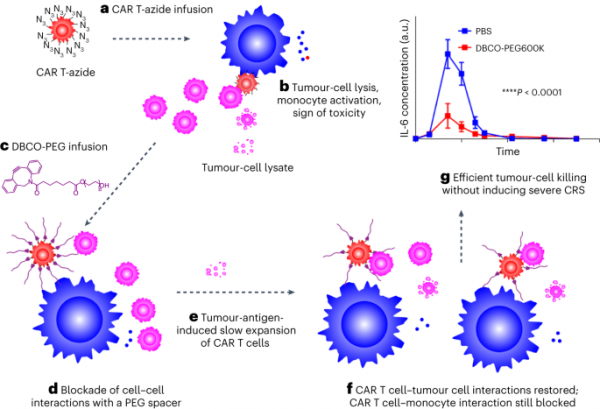
Fri, 2023/09/22
In Situ PEG Modification of CAR-T Cells Can Alleviate Cytokine Release Syndrome and Neurotoxicity

Thu, 2023/08/17
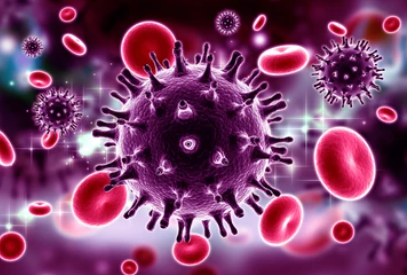
Thu, 2023/08/17
Host Limiting Factor ProtΑ can Inhibit HIV Infection in the Body

Thu, 2023/08/17
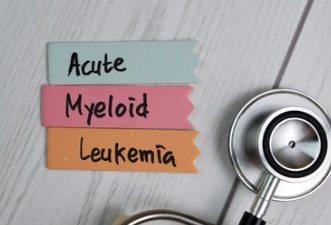
Tue, 2023/08/15
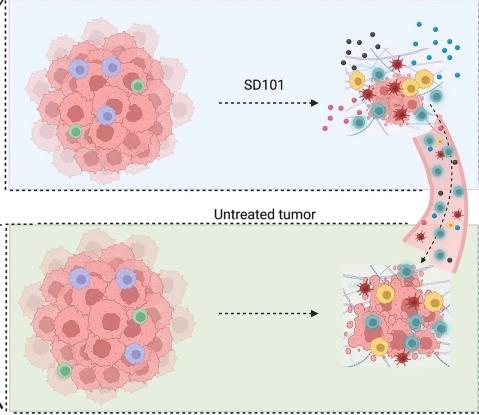
Wed, 2023/07/26
TLR9 Agonists Can Act As In Situ Anti-Tumor Vaccines
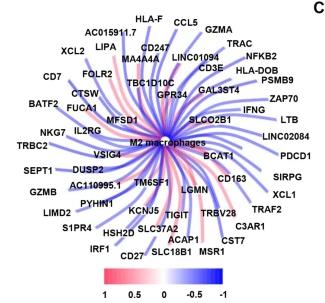
Tue, 2023/07/25
TRAF2 Is a Potential New Target for the Treatment of Advanced Renal Cell Carcinoma
